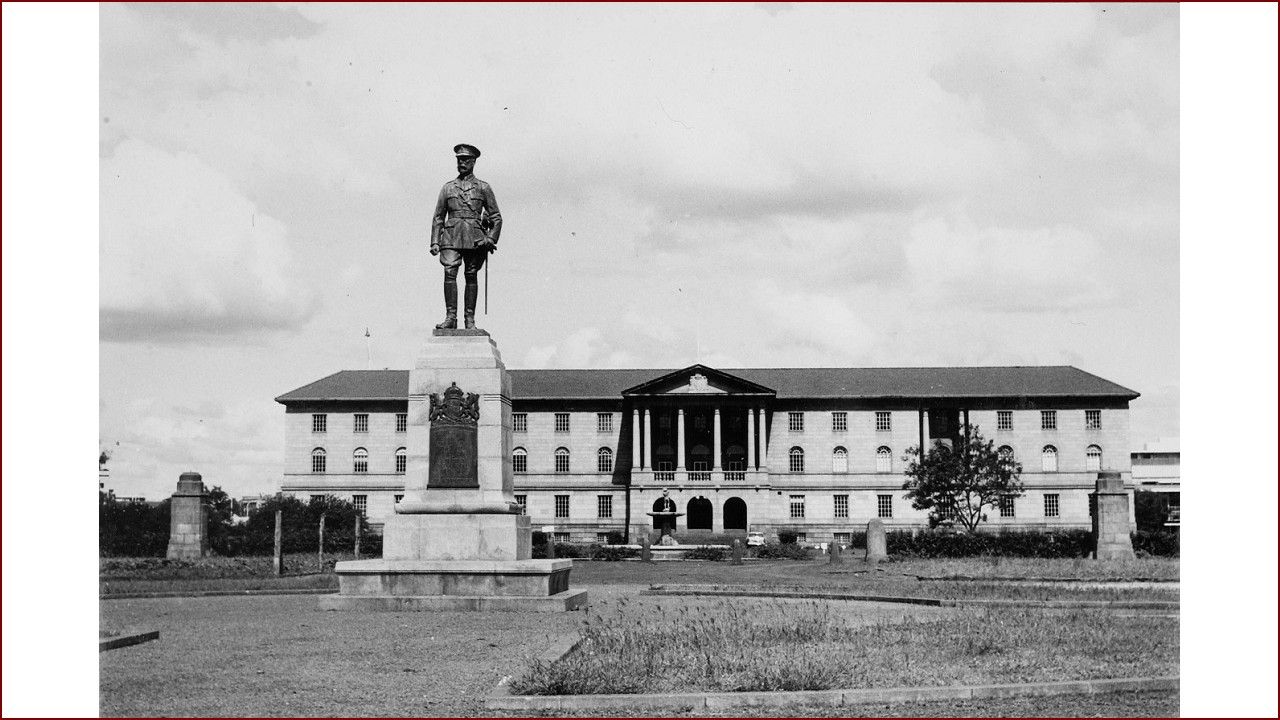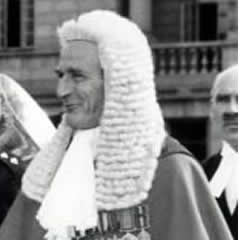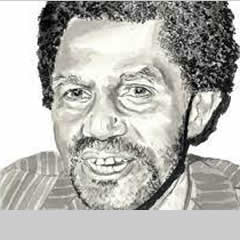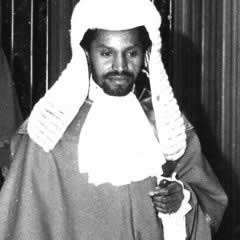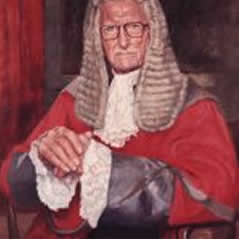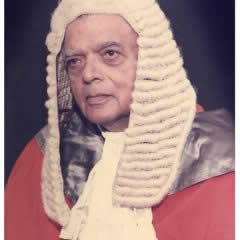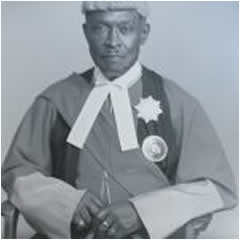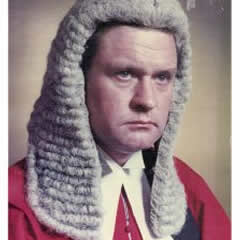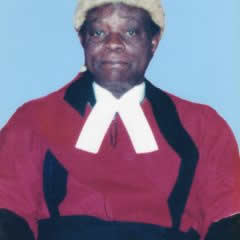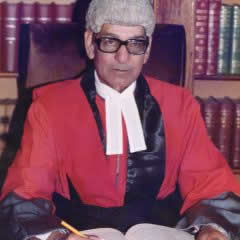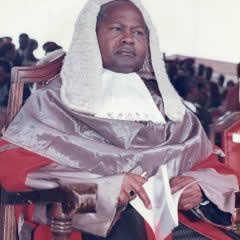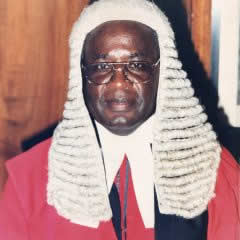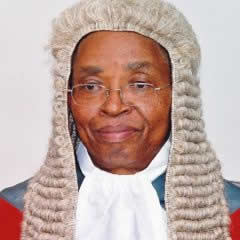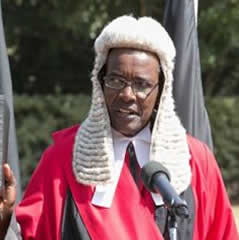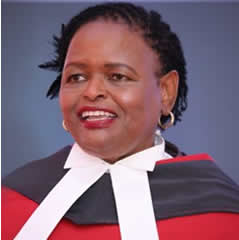Her Ladyship Martha K. Koome assumed office as Chief Justice and the President of the Supreme Court of Kenya on May 21, 2021, replacing Justice David Maraga.
Prior to her appointment as the 15th Chief Justice of the Republic of Kenya, she was a Senior Judge of the Court of Appeal. During the stint as an Appellate Judge, she headed the Criminal Division of the Court and in addition, chaired Committees which developed the Court of Appeal Practice Directions in Civil and Criminal Appeals as well as the Registry Manual that standardized the registry experience at the Court.
Hon. Justice Koome joined the Judiciary in 2003 as a High Court Judge where she served until 2011. In that period, she was engaged in leadership and administrative roles within the High Court as the Resident Judge of the High Court in Nakuru and Kitale as well as the Head of the then Land and Environment Division of the High Court at Nairobi.
She holds an LLB degree from the University of Nairobi, a Post-graduate Diploma in Law from the Kenya School of Law and an LLM degree from the University of London.
Upon her admission to the roll of advocates in 1987, she was a legal practitioner for fifteen (15) years engaging in conveyancing, commercial law, civil litigation, criminal litigation and family law. She has also been actively engaged in multiple community service projects and promoted children and family matters through volunteer and pro bono services.
Some of Hon. Justice Koome’s milestones include being a Council Member of the Law of Society of Kenya between 1994 and 1996. She was involved in the formation of the East African Law Society in 1995 and even acted as the inaugural Treasurer. She participated in the discussions towards the enactment of the East African Community Treaty and institutions of the Community, such as the East African Court of Justice.
In 1997 she was elected Chairperson of the Federation of Women Lawyers Kenya Chapter (FIDA Kenya) and served in that position for two consecutive terms. In 2005 she was a member of the African Union Committee on the Rights and Welfare of the Child. In the same year she led the Kenyan delegation to Beijing during the major review of the Beijing Platform for Action.
She participated in the law review process which gave rise to the Constitution of Kenya, 2010. She became the President of the Kenya Magistrates and Judges Association (KMJA) in 2019 as well as an official of East Africa Magistrates and Judges Association.
Most recently, Hon Justice Koome was voted as runner-up for the UN Kenya Person of The Year 2020 for her leadership and advocacy concerning the rights of children.
As Chief Justice, Hon. Justice Martha K. Koome chairs the Judicial Service Commission, National Council on the Administration of Justice and the National Council for Law Reporting




